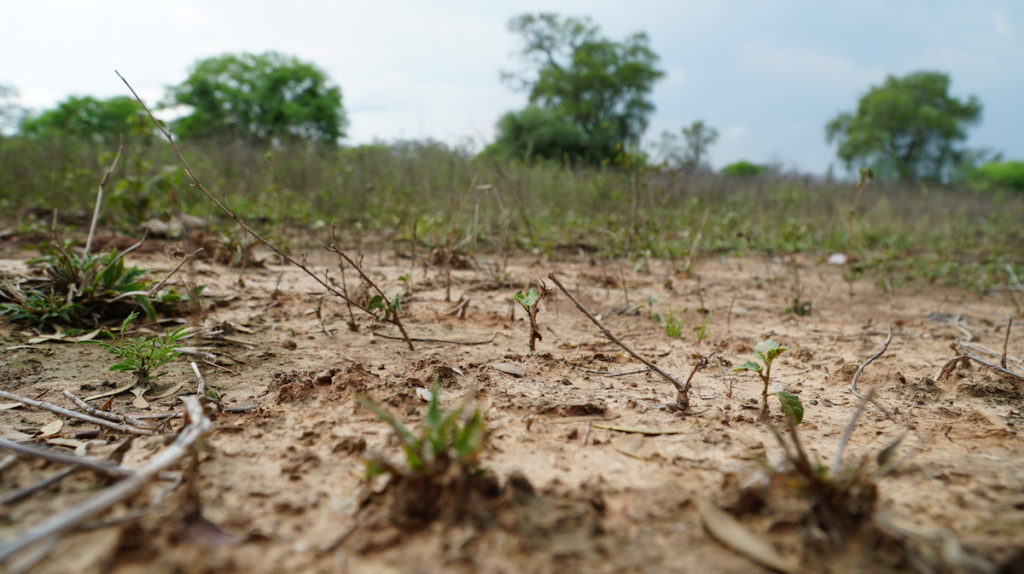This impact story was originally published by Solidaridad here.
Solidaridad announces a grant from the Walmart Foundation to support the implementation of a jurisdictional initiative focused on beef in the municipality of Campo Aceval in the Paraguayan Chaco. The grant supports the formation of a local multi-stakeholder initiative that aims to identify and act on sustainability priorities identified by local stakeholders.
Over the course of three years, Solidaridad will work with key actors in the municipality of Campo Aceval to establish a more sustainable and profitable beef production model adapted to the Central Chaco region. The program is focused on the adoption of good agricultural practices, access to water, the restoration of degraded areas, and the protection and management of forested areas.
“The Paraguayan Chaco is a critical landscape for people, communities, nature, climate, and agricultural production. We look forward to seeing how this grant to Solidaridad advances a sustainable landscape approach in Campo Aceval, Paraguay,” says Julie Gehrki, VP and Chief Operating Officer, Walmart Foundation.
“This grant will help build local capacity through stakeholder engagement and technical support while also delivering tangible benefits on-the-ground for farmers and indigenous peoples, which will enhance social, economic, and environmental resilience across the region.”
Solidaridad will work with local farmers to develop 15 demonstration farms and train over 200 farmers in silvopastoral and sustainable management practices. The program will support sustainable livelihoods in two indigenous communities and aims to establish 10,000 ha under conservation, 1,500 ha under restoration, and 5,000 ha under sustainable management.
The Benefits of a Jurisdictional Approach
Conservation and sustainability efforts are often sector-specific and occur at the farm level. A jurisdictional landscape approach goes beyond farm-level interventions to consider the local landscape and geographic boundaries established by governments in defining the scope of action and the actors involved. These efforts on the subnational level can ultimately produce more effective long-term outcomes grounded in local needs that consider the interests of people and nature.
The first step in a jurisdictional approach often involves gathering key farmers and their suppliers, local and national authorities, and civil society organizations in the area to establish a governance model. This group is responsible for reaching consensus, designing, co-financing, and implementing a comprehensive rural development plan that promotes sustainable practices in the Campo Aceval district.
The approach is similar to work done in the municipality of Teniente Irala Fernández in Paraguay, where Solidaridad facilitated a governance body between 2016 and 2021. Over the course of the program, locals became better prepared to respond to droughts and floods, improved infrastructure for water access, built the resilience of milk and sesame production systems, and established community orchards for food security. As a result, dairy producers increased productivity by 17 percent and achieved a 62 percent reduction in greenhouse gas emissions per liter of milk.
“Our previous experience has shown that active participation and commitment from local communities and producers are fundamental pillars for the success of any project,” said Mario Salas Mayeregger, Country Leader of Paraguay for Solidaridad Network. “Ultimately, our desire is that we not only achieve our objectives, but also leave a legacy of collaboration and empowerment in local communities.”
